conchada
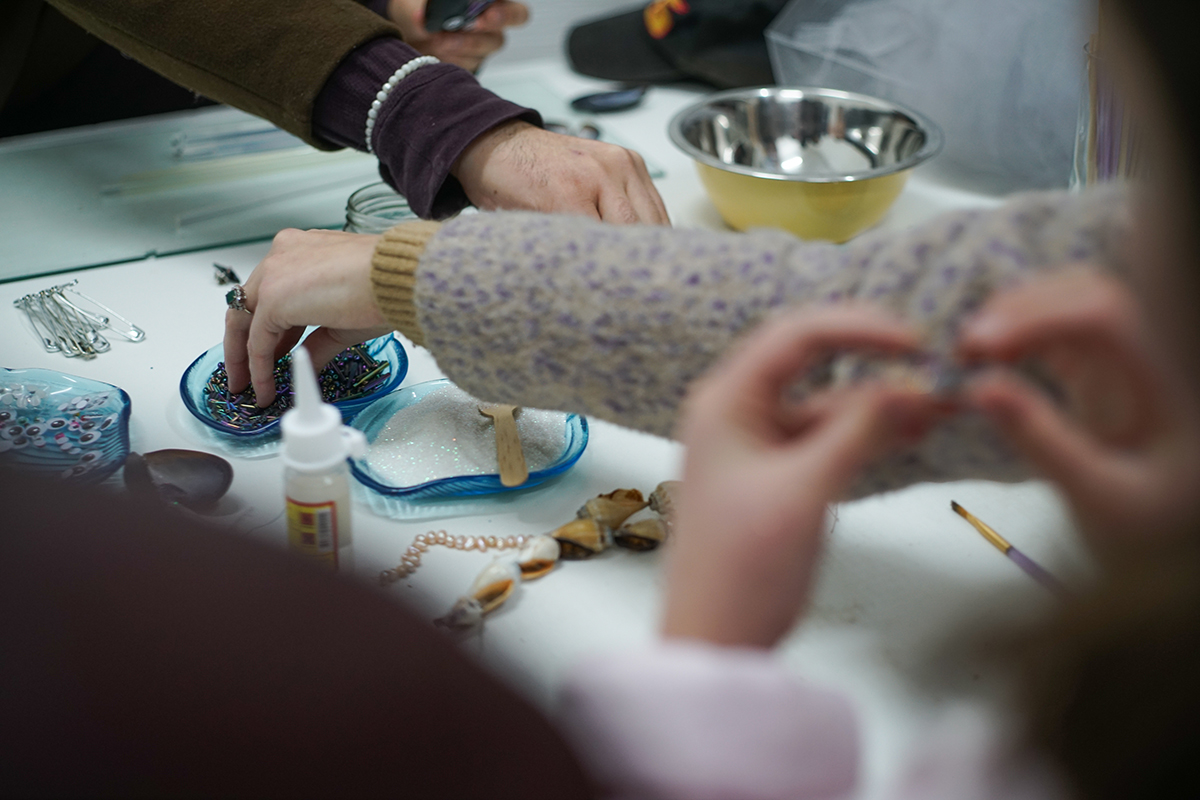

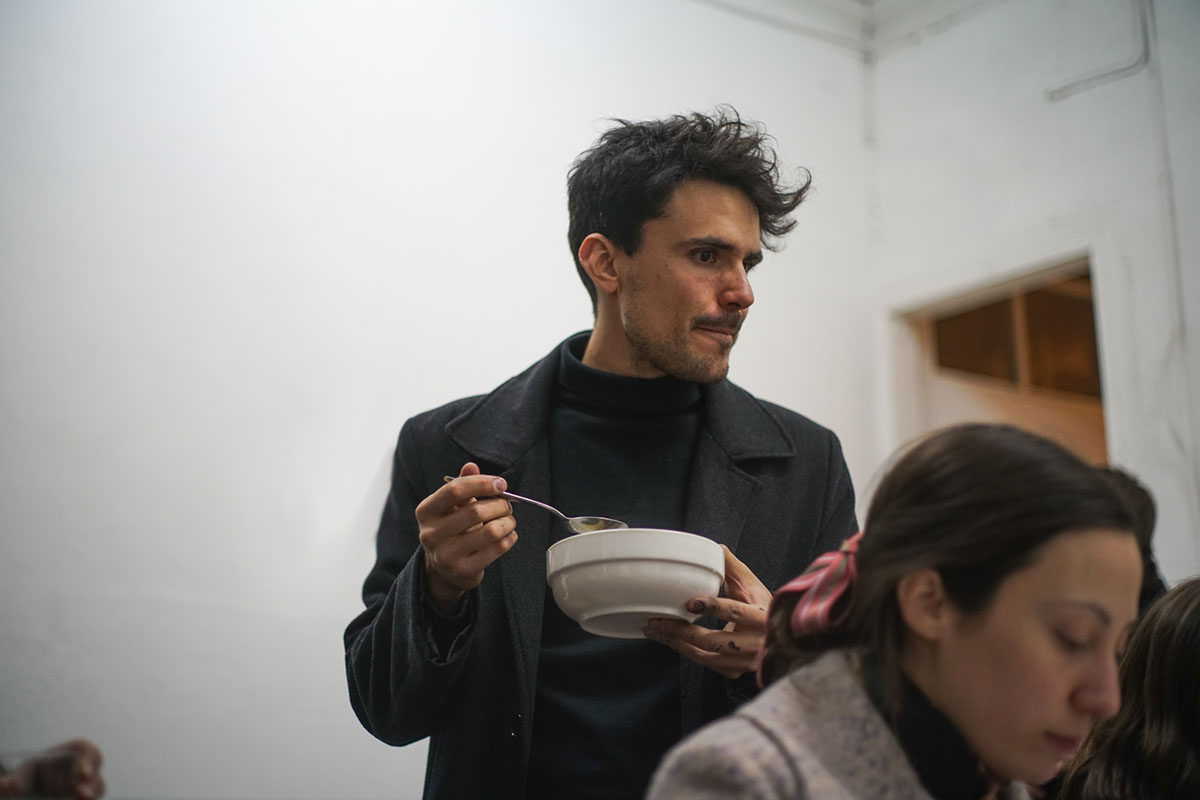

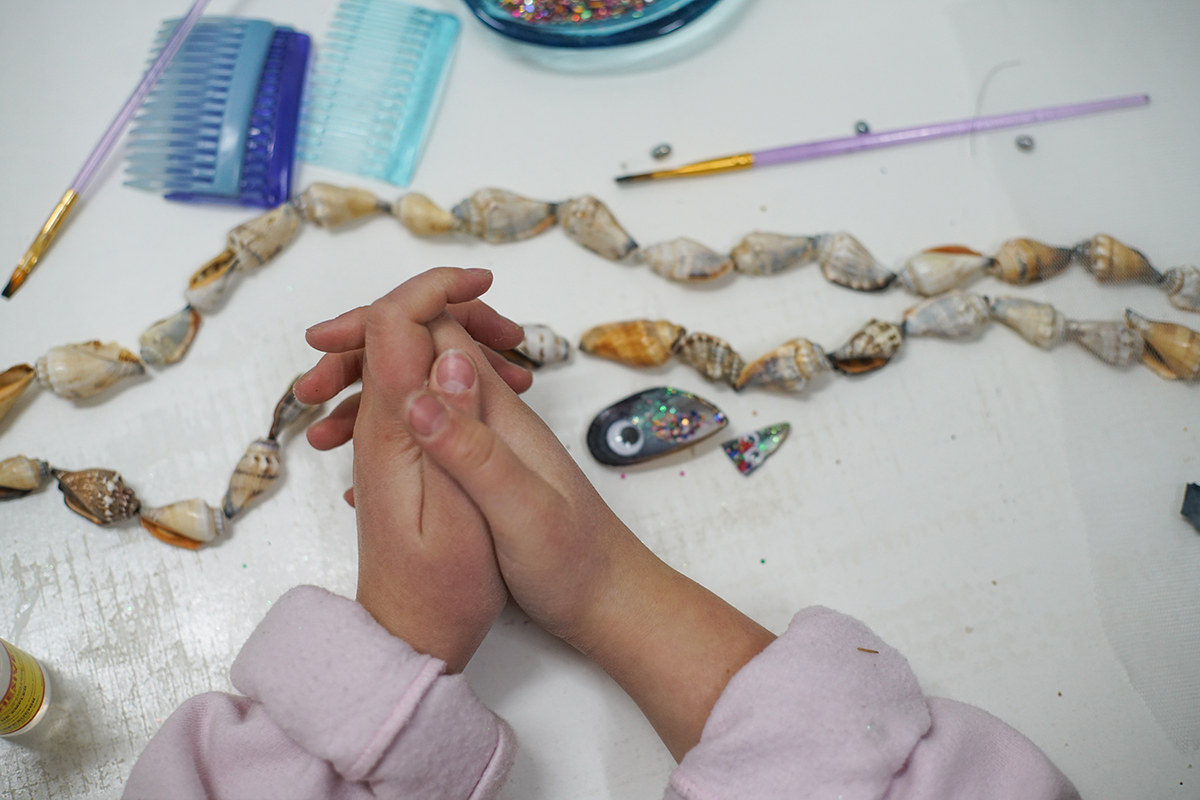
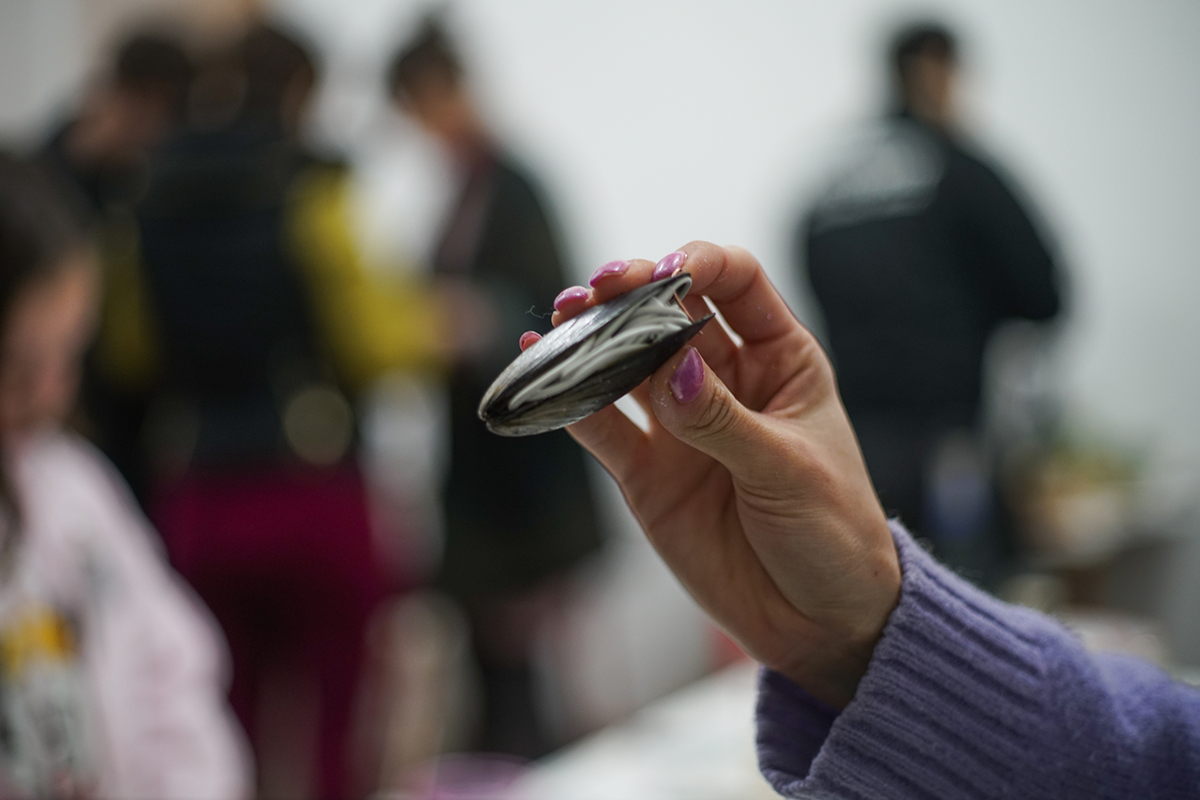
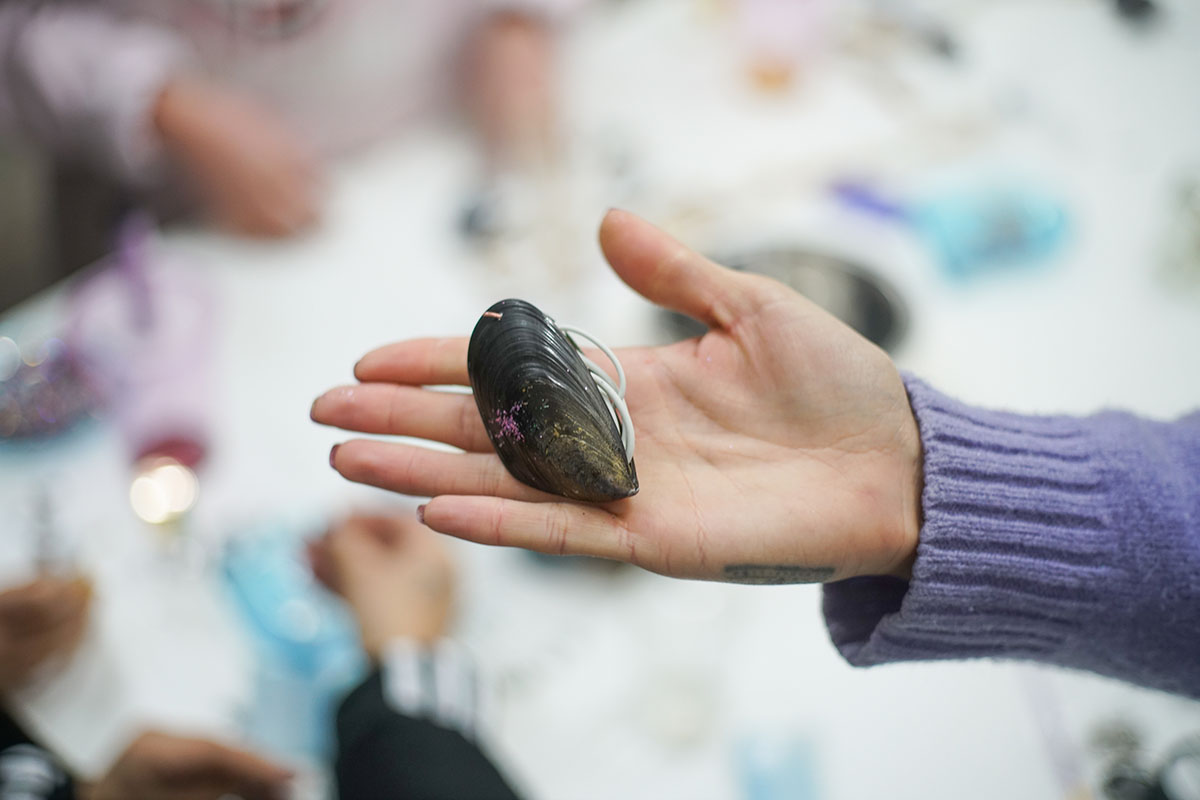
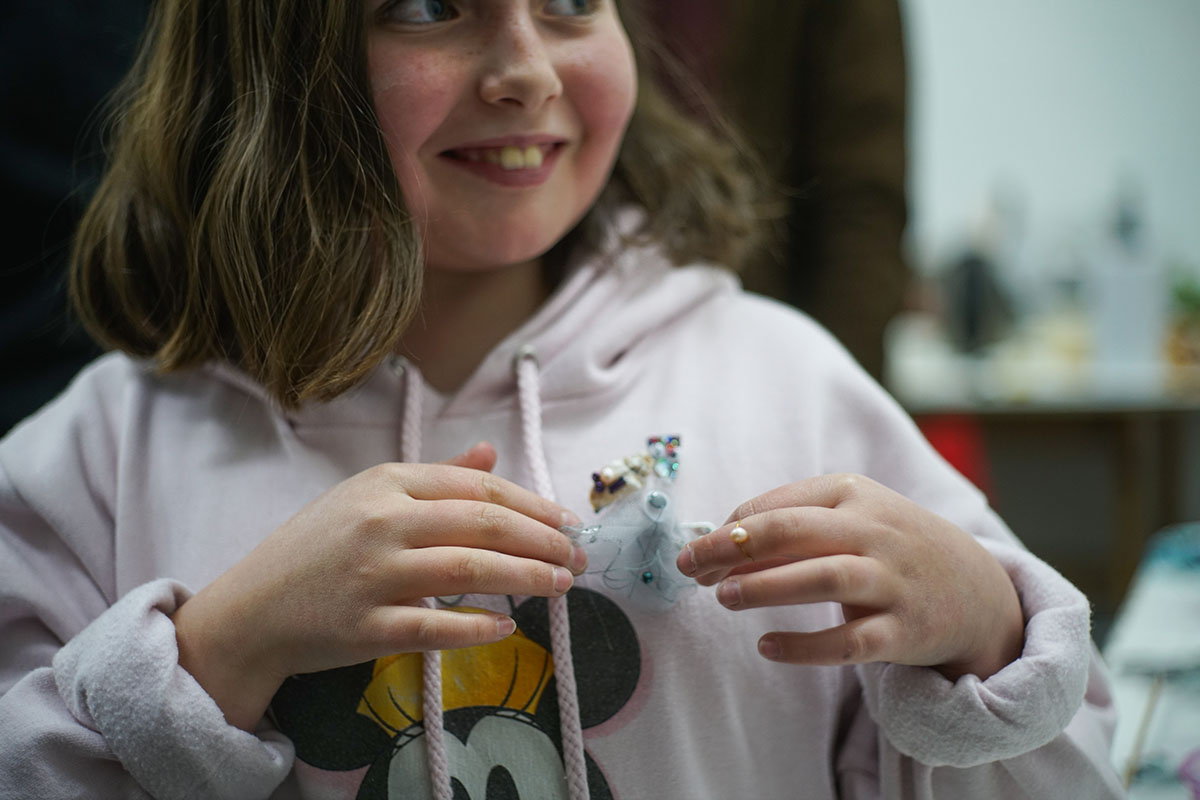
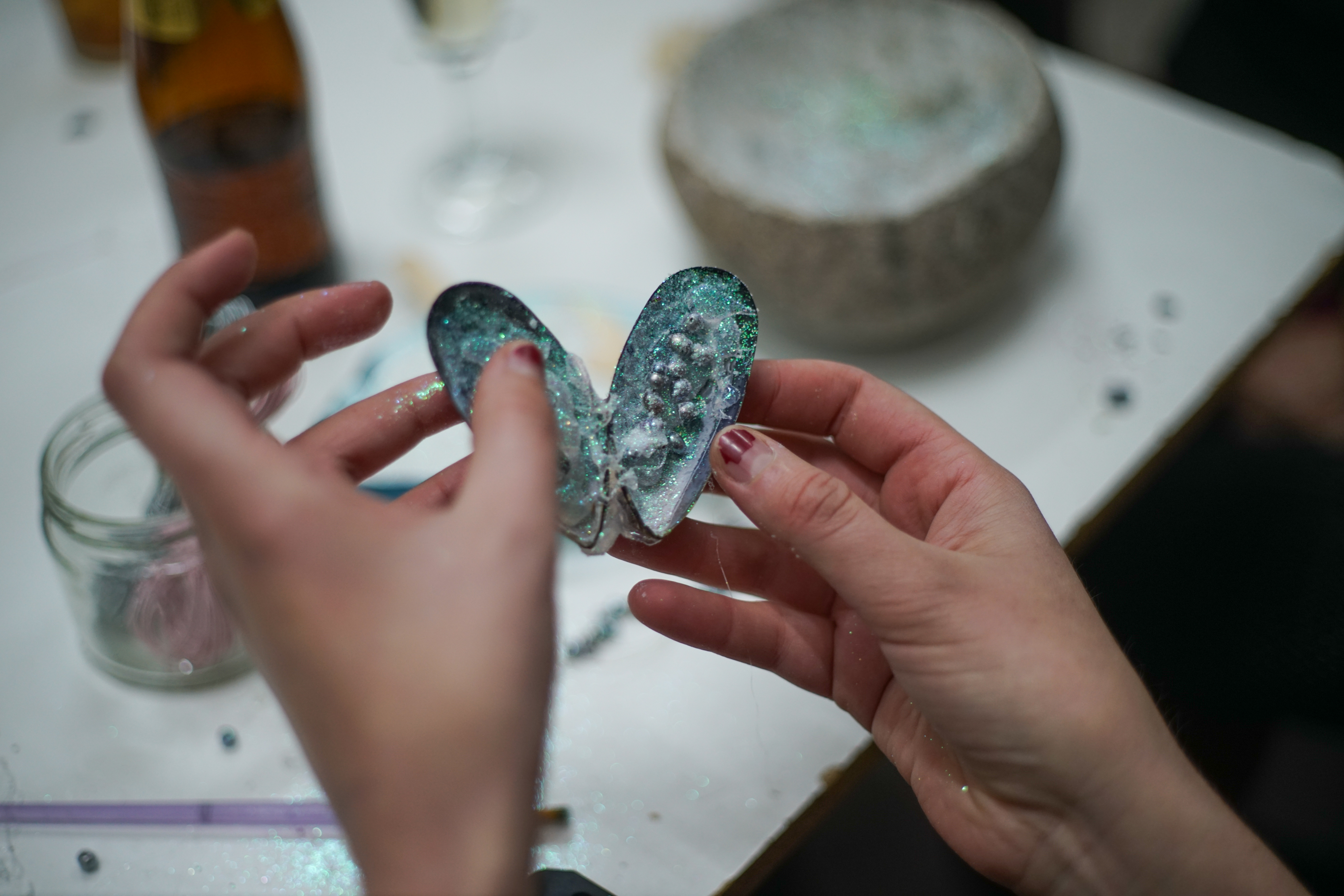

conchada muladar, workshop, PAN,Santiago, Chile, 2019.
muladar* was an invitation to eat steam mussels** and then making souvenirs with the discarded shells of the dinner.
With the aim of craft interactions that blend the normative distinctions over natural and cultural practices, muladar is meant to be a series of events for collective participation in the form of dinners, that entangles the cycles of consumption and digestion with the possibilities of pouring new meanings in materials that otherwise will be just trashed.
♨︎link video documentation
muladar* was an invitation to eat steam mussels** and then making souvenirs with the discarded shells of the dinner.
With the aim of craft interactions that blend the normative distinctions over natural and cultural practices, muladar is meant to be a series of events for collective participation in the form of dinners, that entangles the cycles of consumption and digestion with the possibilities of pouring new meanings in materials that otherwise will be just trashed.
♨︎link video documentation
* muladar is the hispanic word for "midden" archeological deposits also known as shell middens, shell mounds or kitchen midden, that are fossilized vestiges of precolonial domestic life and cuisine.
**mussels, like all other bivalves -oysters, scallops, clams- are filter feeders, which means that in order to get their food they filter and clean large amounts of water, getting plankton, algae particles, suspended organic debris, but also impressive amounts of microplastics and ocean pollution. I thought in bivalves then, as figures in which anthropogenic and biological forces are equally entangled.
